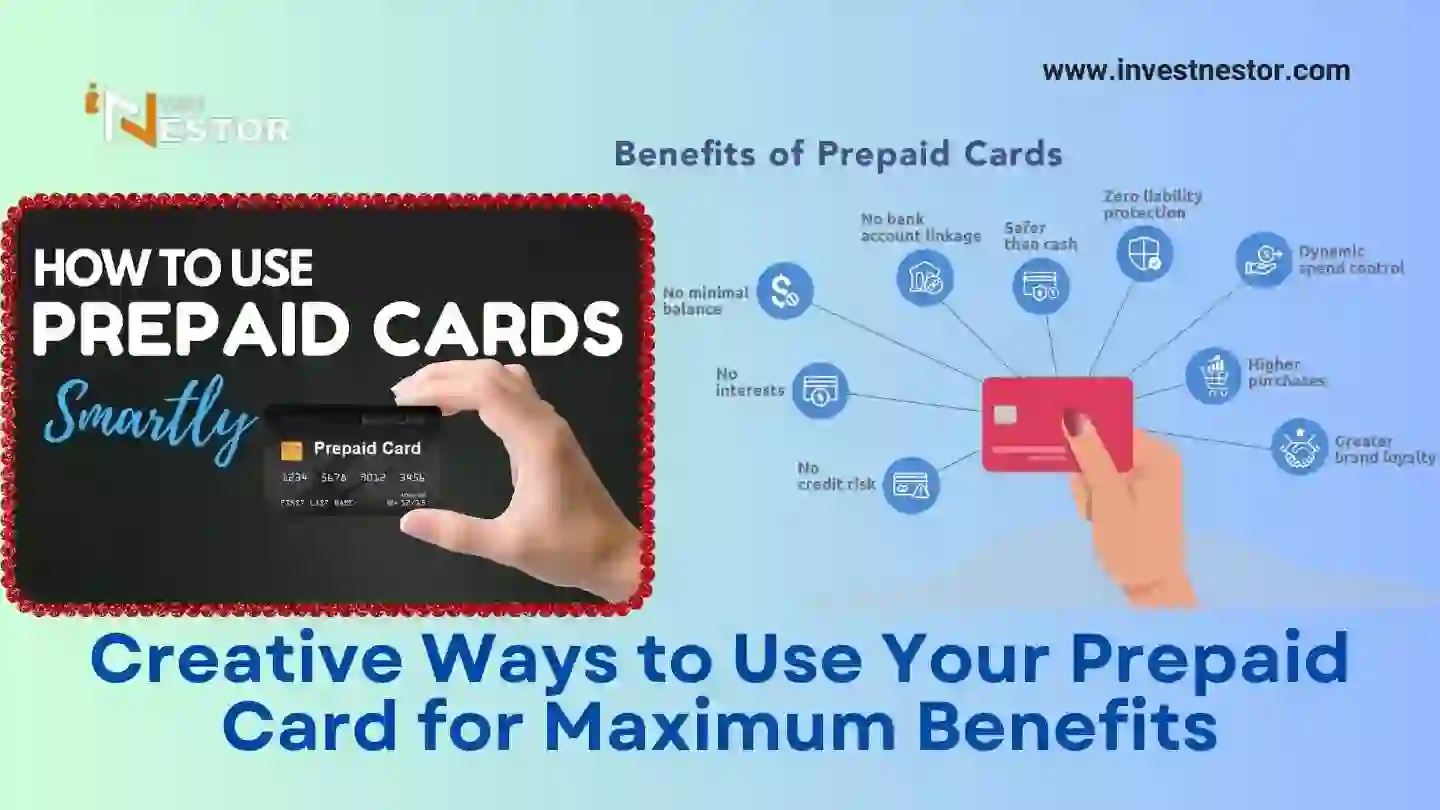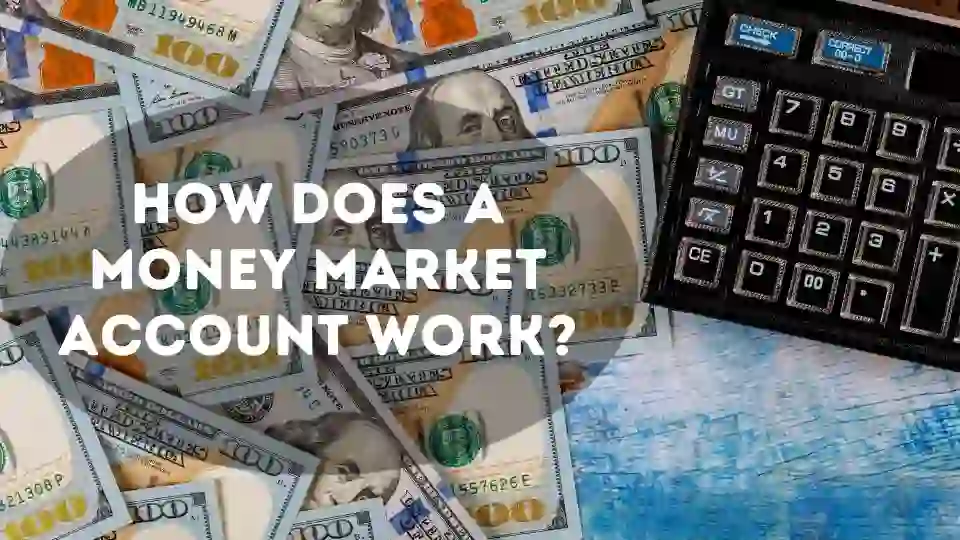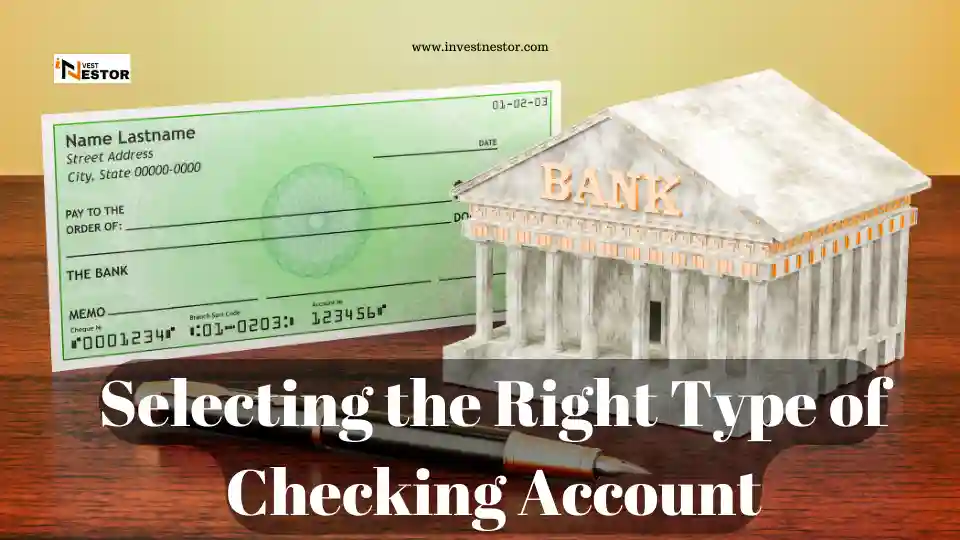
Reloadable Prepaid Cards: What Are Prepaid Debit Cards For?
Being a college student or a young adult, you might like to develop responsible financial habits but want to avoid obligating yourself to financial burdens. Qualifying for a credit card is challenging for many as it requires monthly regular payments. Can you carry a card that doesn't oblige you to make necessary monthly payments, and still you can be a cardholder? For sure, there is a way? A Prepaid Card. But what is a Prepaid Card?
What is a Reloadable Prepaid Card?
A prepaid card is similar to a gift card that helps us spend a predetermined amount of money stored on the card. You get the flexibility to reload the card through various online platforms, ATMs, participating stores, or other physical locations if the card is depleted. These prepaid cards function similarly to regular debit cards when you make a purchase. However, the primary distinction between prepaid cards and debit cards is that the prepaid card is loaded with a predetermined balance, which is also your spending limit.
Key Highlights
Unlike credit cards, prepaid cards do not help you create your credit score as they do not accumulate debt or incur any interest charges, so they serve the primary purpose of making online purchases, managing your expenses, or paying bills.
Prepaid cards are valuable tools for those who want to educate and teach financial responsibility to their children.
The prepaid card comes with the associated fees, so shopping is essential when you encounter the best deals.
A prepaid card is issued and supported by major credit card companies like Visa, MasterCard, American Express, Discover, etc.
A prepaid card doesn't require opening a bank account; you can have your paycheck or government benefits directly deposited.
A prepaid card is a good option for individuals needing a checking account; therefore, it offers essential initial services without opening a traditional banking account.
How does Prepaid Cards work?
Prepaid cards are also known as pay-as-you-go cards. You don't need to carry a bundle of cash as prepaid cards are the major alternative to having cash. These cards are not connected to any bank or line of credit like a credit card. They are directly connected to the amount deposited into the card balance.
After purchasing a prepaid card, you must preload it with a specific amount of funds. When the funds are used up, the card owner can reload the card with additional funds. The funds may be added through online transfer from a bank direct deposit or by depositing cash at a retail store that accepts the money and digitally adds a specific amount to the card.
It is also essential to be aware of the fees associated with reloading the card. It means the company charges a fee each time you add funds to the card. Therefore, you must be careful about your spending and reloading to minimize the cost.
After reloading the card with the amount, it functions similarly to a credit or debit card for making payments. If the cardholder adds $200, he can only spend $200 to pay through the prepaid card.
The fees and charges related to using a prepaid card may include opening fees, ATM fees, reloading fees, monthly fees, and fees for overseas transactions. However, some companies also offer prepaid cards, eliminating or combining other costs.
How Do I Get a Prepaid Debit Card?
Since a prepaid card offers numerous benefits and many people are already using it, it brings us to the question of how to get a prepaid card.
At Retail Giants - Many retail stores like Target, Walmart, and Walgreens offer prepaid cards in the section of their gift cards. It is the most straightforward process to acquire a prepared card while on a routine shopping. You only need to activate your card at the cash register, and you can conveniently fund the card while making other purchases.
Through Banks: The alternate way to get a prepaid card is through your banks. It offers you a seamless payment process. You also get the option to get a prepaid card from the websites of significant card networks. These networks provide you the flexibility to load any desired amount onto the card.
What Is an Example of Popular Prepaid Debit Cards?
Prepaid cards include gift cards, phone cards, visa prepaid cards, Walmart money cards, etc. They can also be used in government aid programs to send periodic checks. This card comes with a reloadable option where cardholders add funds after exhausting the previous amount—a cardholder setup pin in order to use it and minimize theft issues.
It is important to understand that prepaid cards are use-or-lose cards, which means any remaining value on the card that is left unused will only benefit the issuer of the card. Even though the amount charged to the card is minimal, it is advisable to utilize its total value before discarding it.
Pros and Cons of Prepaid Cards You Should Know
Prepaid cards' primary purpose is similar to other payment cards. You only need to swipe or insert them at the point-of-sales system to make your purchases. Since the prepaid card is a cash alternative, it has pros and cons.
Pros of Prepaid Card
1- Wide Use Than Credit Cards:
A prepaid card is more accessible than a credit card. If you don't qualify for a credit card, you can use a prepaid card that eliminates the need to meet the specific credit requirements. The issuer grants access to the card without a credit history check.
2- Pre-Set Spending Limit:
A prepaid card safeguards you against overspending. A prepaid card has its predetermined spending limit. Users can only spend the amount they have on the card. It means your shopping trip does not result in overspending or accumulating debt. Prepaid cards provide responsible spending and financial management.
3- Doesn't Come with a Liability:
Unlike traditional credit cards, prepaid cards eliminate the risk of missing payments. Shopping with a prepaid card is hassle-free, and you can use it anywhere, anytime, without worrying about paying a credit card bill or incurring any late fees.
4- Convenient to Carry:
Carrying a prepaid card is less stressful. This is because if the card is stolen, only the loaded amount is at risk, not an entire checking amount, as in the case of a debit card. Despite being provided with zero fraud liability, credit cards charge fraudulent fees. This makes a prepared card a favorable choice, allowing for simplicity and security.
Cons of Prepaid Card:
1- Limited Consumer Protection
Consumer protection for prepaid cards is limited compared to traditional credit cards. The Consumer Financial Protection Bureau in 2019 introduced the enhanced consumer safeguard to protect prepaid card users. It covers errors, loss, theft, etc, but these protections are still limited to the robust safeguards provided by traditional credit cards.
2- Credit Score Remains the Same:
A prepaid card keeps your credit score the same as you don't borrow money from any financial institution; hence, your spending activity is not reported to the credit bureaus. Despite being an economizer, your credit score will stay the same if you prefer using prepaid cards over credit cards.
3- Associated Fees:
While using a prepaid card, it is also important to consider its associated fees. Many prepaid cards impose charges for cash withdrawals, card reloading, balance inquiry, or even regular purchases. Understanding the fee structure associated with the prepaid card helps you make informed decisions and avoid unnecessary costs.
Prepaid Cards vs. Debit Cards vs. Credit Cards: A Comparison
Prepaid Card:
Prepaid cards are a secure and convenient alternative to cash. You can use prepaid cards for online and in-store purchases. But to use the prepaid card, you must load some money similar to a gift card. The prepaid card ensures that the user only spends the amount on the card. They are not linked to a bank account; therefore, they are accessible to individuals who don't have traditional banking services.
Prepaid cards are a good option for those individuals who cannot qualify for credit cards or traditional bank accounts. They're more suitable for those with clear financial boundaries who want to spend a limited amount preloaded on the card. Recent developments regarding prepaid cards also make them secure from fraud.
The major drawback of prepaid cards is that they come with multiple fees not associated with debit or credit cards. Also, using a prepaid card does not build a credit history. It cannot be used to establish or improve a credit history.
Debit Card:
Debit cards, similar to credit cards, are payment cards issued by banks. So you can use your debit card online and in traditional stores. When purchases are made on debit cards, the fund is directly deducted from your checking account. For example, if you make a $50 purchase with your debit card, $50 is immediately taken from your bank account balance.
This spending power of a debit card is mainly determined by the balance available in your bank account. Also, a debit card provides a cost-effective and pre-defined method for cash withdrawal from an ATM.
Debit cards allow us to experience the convenience of card payment without the risk of accessing more credit than our capacity, and its spending limit is tied to your balance account. A debit card prevents you from overspending, ensuring your purchase is aligned with your available balance. However, it is also important to note that debit cards do not restrict your spending.
The significant dropback of debit cards is that they do not help you build your credit. Also, individuals who don't have access to traditional banking services cannot get access to debit cards. Moreover, debit cards only provide fever protection against fraudulent purchases compared to other payment methods.
Credit Card
A credit card is a payment card issued by a bank that helps a cardholder borrow money up to a predetermined amount. A cardholder can make purchases from in-store or online stores and use a credit card against the payment. The cardholder repays the amount borrowed from the bank over time. This borrowed money comes with interest charges.
Credit cards also have a credit limit that denotes the maximum amount you can spend on the card. Your credit score, payment history, and income determine the credit limit. It is vital to make the minimum payment as long as you meet the minimum payment requirement; the card issue permits you to spend up to the credit limit.
The most important benefit of using a credit card is that it helps build credit, expands purchasing power, and provides robust protection against fraud. Apart from that, you also get access to reward perks.
A significant drawback of a credit card is that if you qualify for high interest rates on a credit card balance, your purchase cost significantly increases if you don't pay it off each month. Therefore, it is crucial to manage your finances carefully.
Final Words
Prepaid cards can be advantageous for you for various reasons, like making purchases without the risk of overspending. However, it is also important to note that prepaid cards are only suitable for some. Despite providing numerous advantages to the user, the major drawback of using prepaid cards is they are only suitable for some and do not contribute to improving your credit score. Also, they lack consumer protection as provided to credit card holders.
Read Also:


 to Your Advantage.webp)



0 Comments
Add a comment